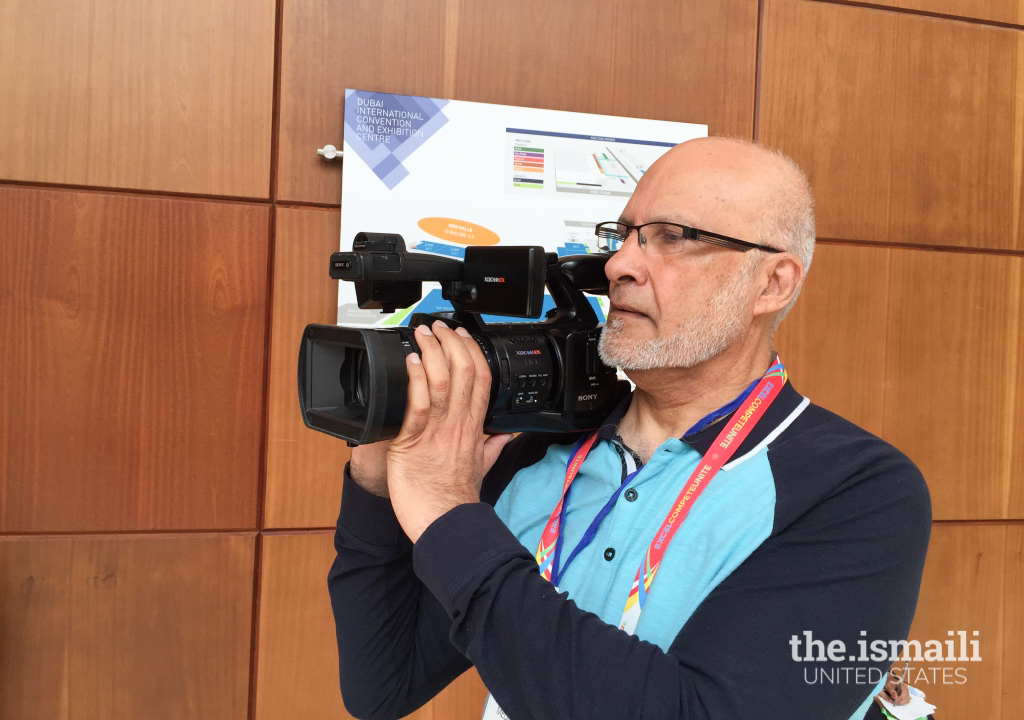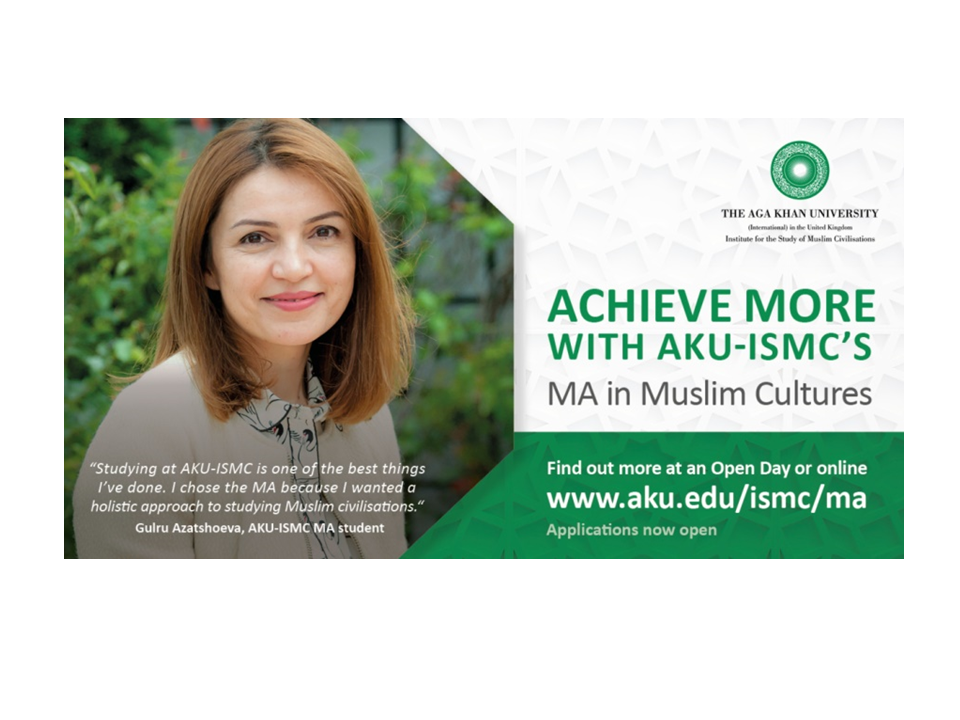What differentiates the Aga Khan Academy from the other schools in the country?
The Academy is part of a global network of schools that are more than just residential schools that work hard to give their students a solid academic base. Each school emphasizes the importance of academic excellence at the same time imbues in its students the sense of civic responsibility, leadership skills, and desire, capability, and compromise to give back to the community, at a local and global level. Our work has as a base an education approach that measures success not only by academic performance but by how students apply what they know to make the world a better place. Even though our academies are culturally rooted in the countries they are located in, our students and employees come from many international locations, and that helps
build knowledge and comprehension of important global matters and reflects our compromise with plurality and international mindedness.
Tell us a little more about your teaching strategy.
Education is a creative and bright process that generates hope and curiosity. Through a diversified and rigorous curriculum, the Aga Khan Academies strive to reach the individual’s integral development. Combining the IB [International Baccalaureate*] curriculum with the environment of each Academy, we incentivize students to develop a profound basis in their local context, together with learning about relevant international matters and ideas. An education at the academies generates a pluralist and ethical approach to life and leadership. From littlest children to the administration and remaining staff, all of those work together to develop a sense of responsibility and civic service. We seek to develop the necessary skill so that our students play a complete and productive role in their communities, now and in the future.
It is said that education has the mission of saving the world. Do you agree with this statement?
Absolutely. Education is one, if not the most important, basic element to cause long term change in the quality of life of people. Here at the Academy, we want to create ethical leaders that in the future will attend the best universities in the world, follow careers of their choice and become leaders in governments and civil society’s institutions in their own countries, in international organizations and in all institutions, academic, economic and artistic, which create positive change in our world.
Does your academy have a boarding school regime?
Yes, our residential program was launched last year, in April, and accepts students with ages equal or superior to 11 years. This program is an extension of the Academy’s experience and is centered in the intellectual, social, spiritual, and physical growth of the students in a structured and ethical environment. Our residential programs offer more than just lodging; they allow students to experience authentic opportunities to develop their leadership competencies and significatively contribute towards community projects inside and outside the Academy’s walls.
Videographer Mahedi Lalani during the Jubilee Games, Dubai, 2016.jpg

Aga Khan Academy Maputo
Do parents participate in the school’s management?
The Academy believes that, for education to be successful, a strong partnership between the school and the household is necessary. The parents’ participation is essential to improve the general experience and a student’s accomplishments. We are lucky to have parents that actively get involved in school activities. Whether they are new initiatives, seminars, or school competitions, we incentivize the parents' involvement at any stage of their children’s academic journey.
In your perspective, what is the best way to evaluate knowledge and capabilities?
Different capabilities require different evaluation methods at each academic stage. So, the teachers of the Early, Primary, and Middle Years Program all use several strategies of evaluation to approach each subject group’s objectives. Currently, evaluations assume the form of presentations, problem-solving activities, group exercises, and even art exhibits.
[*Curriculum which offers a pluricultural education, through experiences and immersion in two or more languages, with emphasis on the integral development of the students having as reference humanistic values with a sense of universal responsibility.]
Read the full article here.









